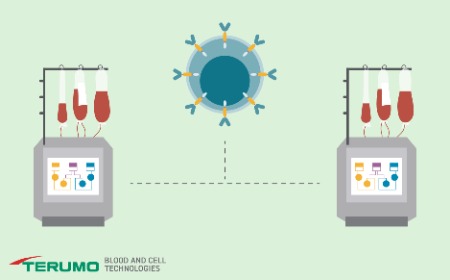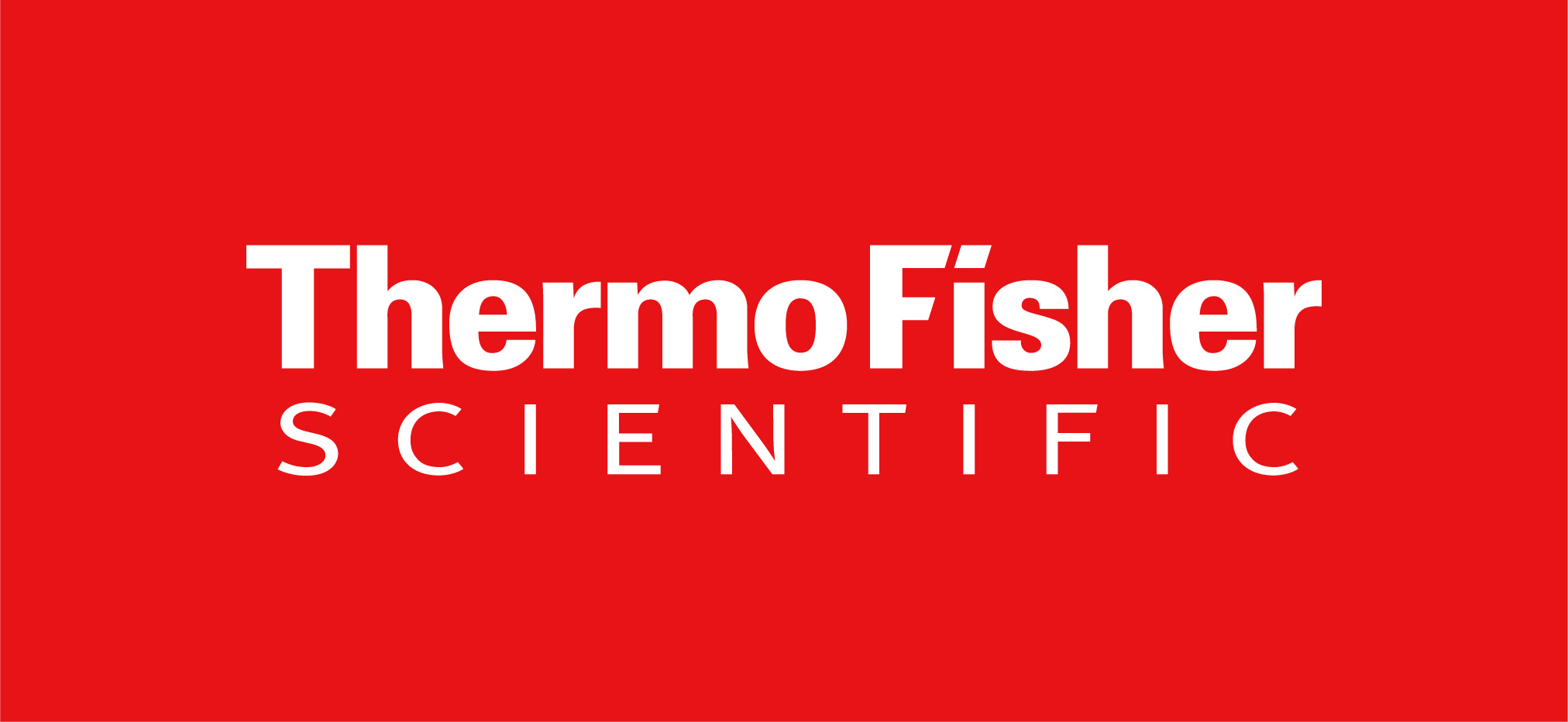An automated 24-hour CAR-T manufacturing process
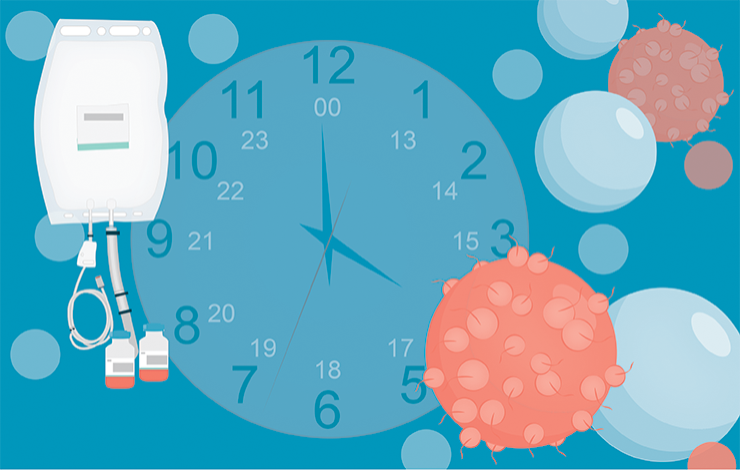
With the therapeutic efficacy of current commercialized CAR-T cell therapies having been firmly established, attention has shifted to the lengthy and complex manufacturing process that currently limits their usage by driving up the cost of therapy while also prolonging critical delivery timelines to patients. Early preclinical studies indicate promise for a shorter manufacturing process that significantly decreases the manufacturing timeline to a 24-hour process. Innovative tools that allow for closure of the manufacturing process and minimization of manual touchpoints have helped streamline and eliminate manufacturing failures. Advancements in digital integration tools have also contributed to achievement of a more standardized manufacturing approach.
This webinar will provide viewers with
- Discussion of the current challenges facing autologous CAR-T manufacturers and patients
- An overview and general protocol of a significantly shortened manufacturing process timeline leveraging the new CTS Detachable Dynabeads CD3/CD28
- Detailed results of a new viral-based 24-hour CAR-T manufacturing process
- Demonstration of digital and physical integration of multiple Thermo Fisher technologies using the new CTS Cellmation software
- Strategies to combat the prohibitive cost of these therapies, decrease the vein-to-vein timelines, and incorporate recent learnings broadly across the field
You might also like
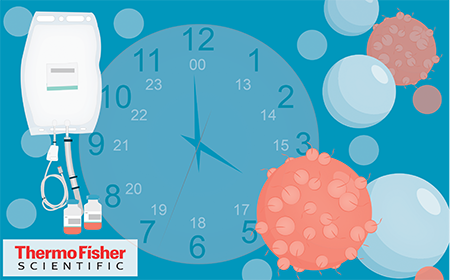
An automated 24-hour CAR-T manufacturing process
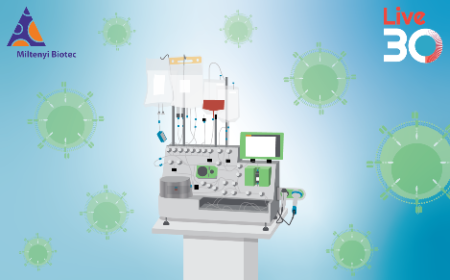
Key considerations for shortening your CAR-T manufacturing process
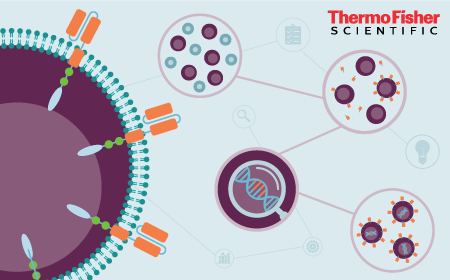
Maximizing process control and efficiency in CAR-T cell manufacturing
